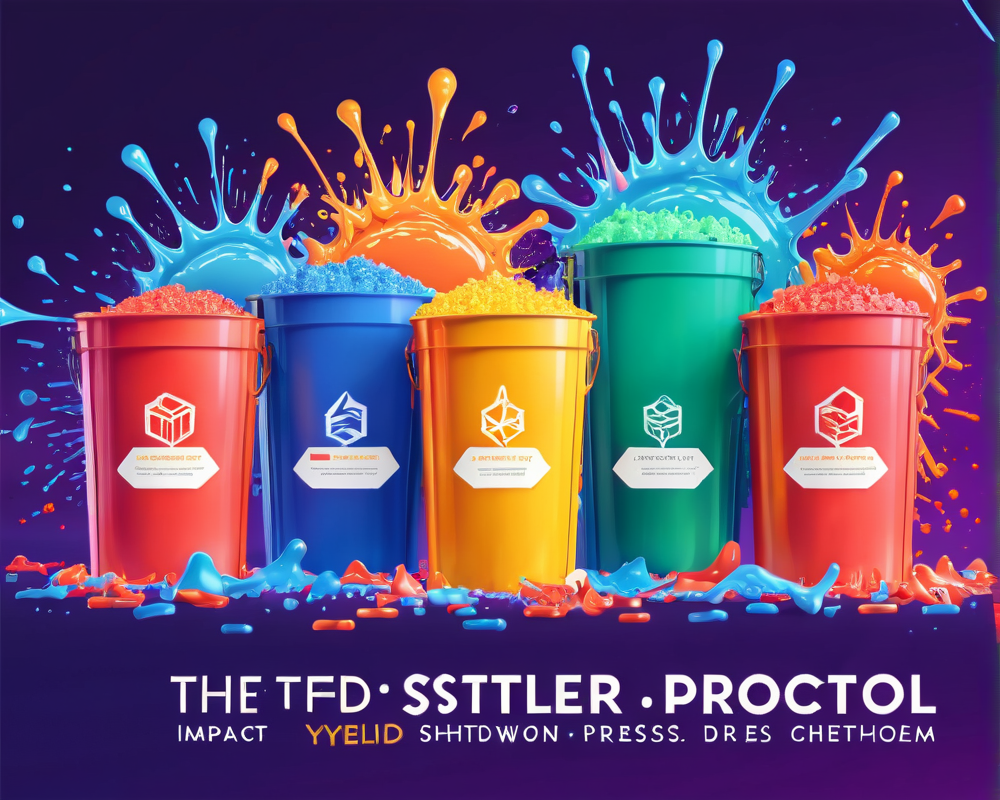The Allure of Anonymity in Cryptocurrencies
One of the standout features that draws users to cryptocurrencies is their ability to offer anonymous transactions. This element of privacy, often referred to as obfuscation, has made many enthusiasts view cryptocurrencies as a sanctuary for financial freedom. But what does that really mean for the average user? Well, it’s like going to a party where you can skip the awkward small talk, enjoy yourself without anyone knowing your business, and leave without saying goodbye. You feel me?
Why Anonymity Matters
Confidentiality in transactions isn’t just a neat trick—it’s a necessity in our digital age. Anonymity can protect users from various threats, including unwanted surveillance and data exploitation. Consider the formidable halo of secrecy around these transactions: using technologies like homomorphic encryption enables platforms to compute and validate transactions while safeguarding sensitive input data. No more prying eyes, where users can rest easy knowing their information is shielded.
Obfuscation Techniques: The Nuts and Bolts
To grasp how anonymity works, let’s dive into some of the methods used by certain cryptocurrency platforms. Take CoinJoin, for instance. This technique allows users to mix their transactions so no one can pin the payment to its rightful owner. Jeremy Epstein, CEO of Never Stop Marketing, aptly noted, “Anonymity is indeed an important feature for many in the crypto world.”
- Blockchain.info: Employs a system of constantly changing wallet addresses.
- PIVX: Utilizes a mixing mechanism that pairs users for combined transactions.
- OpenBazaar: Supports Tor to enhance transaction privacy.
The Double-Edged Sword of Anonymity
Now let’s flip the coin: anonymity isn’t just about maintaining privacy; it can also lead to murky waters. Hrishikesh Huilgolkar, a blockchain developer, raises concerns over the idea of “uncensorable” transactions. If miners decide to halt transactions linked to certain addresses, that anonymity becomes moot. Essentially, the darker side includes cybercriminals taking advantage of it, posing a challenge for legal authorities.
“Every time a user makes a transaction with someone, they are giving their address, which can be exploited,” noted Huilgolkar. It begs the question: how much anonymity is too much?
The Social Angle: Discrimination & Human Rights
Nwali Chibueze from Sungrace Exchange argues for the importance of privacy as a human right. He points out that there are scenarios—like purchasing medication for sensitive health issues—where anonymity protects individuals from societal judgment. Just because you’re transacting anonymously doesn’t mean you’re up to no good.
Balance in the Blockchain Ecosystem
As Epstein suggests, while anonymity can indeed facilitate illicit actions, it’s up to regulators and law enforcement agencies to adapt to these advancements without stifling the freedom the technology offers. The stark reality is we must find equilibrium between personal liberty and social responsibility. After all, the key is to “not throw the baby out with the bathwater.” Perhaps the real frontier lies in creating systems that reconcile these needs, allowing anonymity in genuine transactions while defending against its misuse.




